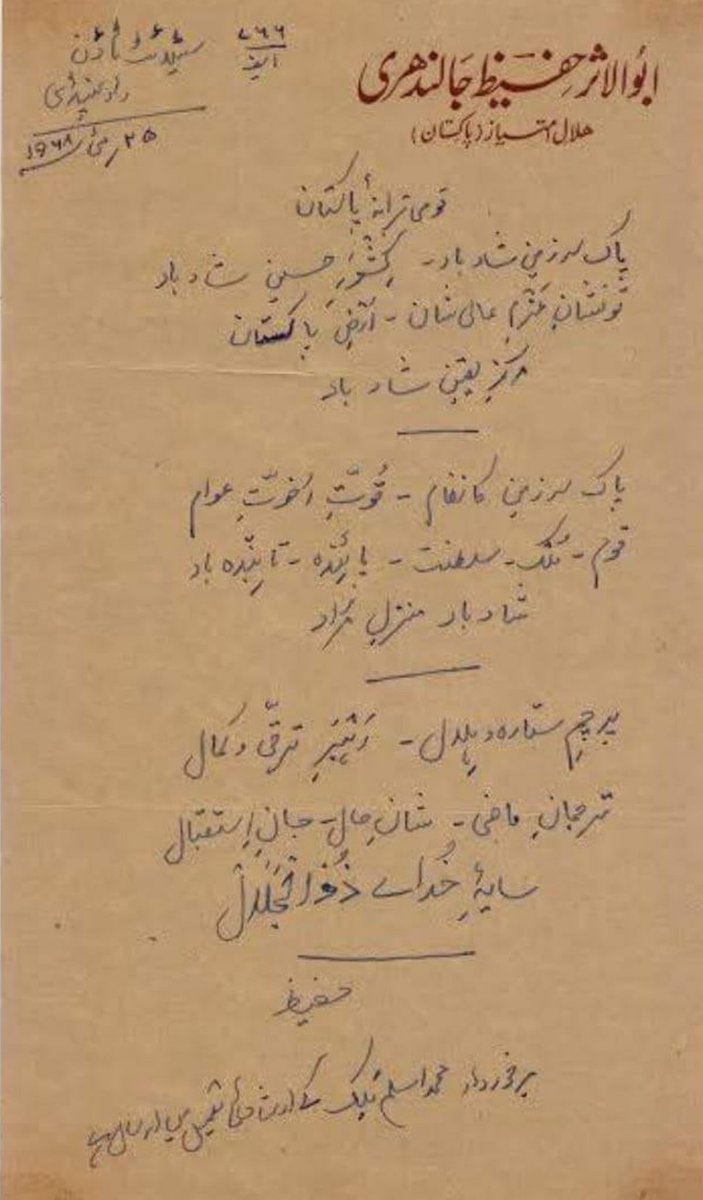
Her constant care is about my health".ĭuring the mass transfer of population in 1947, she gave an inspiring lead to Muslim women and lost no time in forming the Women’s Relief Committee which later formed the nucleus for the All Pakistan Women’s Association. In those days when I was expecting to be taken as a prisoner by the British Government it was my sister who encouraged me, and said hopeful things when revolution was staring me in the face. Side by side, she looked after his brother with utmost care of which Quaid himself once remarked: "Miss Fatima Jinnah is a constant source of help and encouragement to me. The Women Sub-committee remained active under the leadership of Mohatarma Fatima Jinnah till the creation of Pakistan. At this, the Quaid intervened in support of the new Sub-Committee, diplomatically arguing as a strict - constitutionalist barrister that he was, that "the resolution only stated that women should be given an opportunity to organize themselves under the League in order to support it". On this occasion, some conservative delegates at Patna protested against the resolution to organize Muslim women, fearing it would put an end to "Purdah, which they said, was sacred to Islam". In 1938, at Patna, the Muslim League resolved to create a Muslim Women’s Sub-committee, headed by Miss Fatima Jinnah, which included the leading women from every province as well as from Delhi. Miss Fatima Jinnah continued to help numerous Social and Educational Associations.
#Pakistan qaumi tarana dailymotion full#
She believed that for progress it was necessary for both men and women to contribute their full share for society’s weal. She encouraged ladies to come out and serve the people and to organise their sisters to enable them to play their role in the national life outside the confines of their own home. During these years, the Quaid emerged slowly but dramatically, from almost political isolation (especially during his self exile in England during 1931-34) to an almost universal acceptance of his leadership of the newly proclaimed Muslim nation of hundred million, when he struggled long and hard to wrest for Muslim’s nationhood and statehood by finding a more rational and more equitable framework for power-distribution between India’s two major nations, culminating in a startlingly new ordering of the subcontinental cosmos.ĭuring all this period, Mohtarma Fatima Jinnah played a pivotal role not only nursing the Quaid but side by side, she infused new spirit among the Muslim women to share in various developments taking place in Muslim India. Anxieties would have been much greater and my health much worse, but for the restraint imposed by her." Miss Jinnah lived with her brother for about twenty-eight years. Paying glowing tribute to his sister, the Quaid once said, "my sister was like a bright ray of light and hope, whenever I came back home and met her. Thereafter, throughout the critical years of stress and strain, she looked after her brother. Upon Rutten bai Jinnah's death in February 1929, she wound up the clinic and took over charge of the Quaid-i-Azam’s house. Miss Fatima Jinnah had first lived with her brother for about eight years till 1918, when he got married to Rutten bai. After completion of her course, Muhammad Ali Jinnah went along with her idea of opening a dental clinic in Bombay and helped set it up in 1923.
#Pakistan qaumi tarana dailymotion professional#
Ahmed Dental College, despite the strident family opposition to the very idea of a Khoja girl joining the Convent as a boarder or launching upon a professional course. It was his steadfast support that saw her join the Bandra Convent in 1902 and later in 1919, she got admitted to the highly competitive University of Calcutta where she attended the Dr.


After the death of Poonja Jinnah in 1910, Muhammad Ali Jinnah became Fatima’s guardian who took keen interest in her education. Her parents, Poonja Jinnah and Mithibai had seven children, namely Muhammad Ali, Ahmad Ali, Bunde Ali, Rahmat Ali, Maryam, Fatima and Shireen. Due to her selfless work for Pakistan, the nation conferred upon her the title of Madar-i-Millat (Mother of the Nation) Early Lifeįatima Jinnah was born in Karachi Pakistan on July 31, 1893.

Throughout her life, she remained selfless and sincere worker for the cause of Pakistan and the good of its people. During the mass transfer of population in 1947, she gave an inspiring lead to Muslim women and lost no time in forming the Women’s Relief Committee. The only sibling with whom the Quaid established a close, continuing relationship was Fatima. Fatima, acted as a loving, loyal, and life long companion to her great brother during the most stormy period of his life. Younger sister of Quaid-i-Azam Muhammad Ali Jinnah, who resembled him the most.


 0 kommentar(er)
0 kommentar(er)
